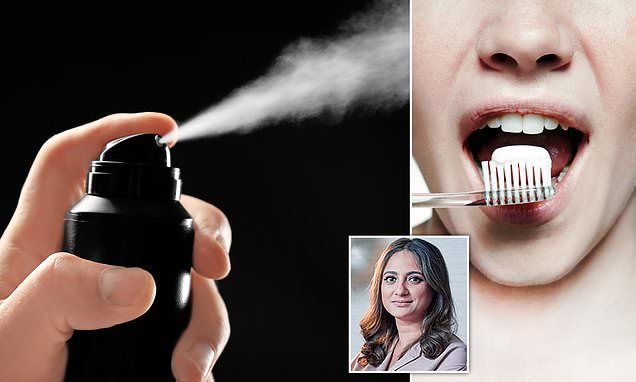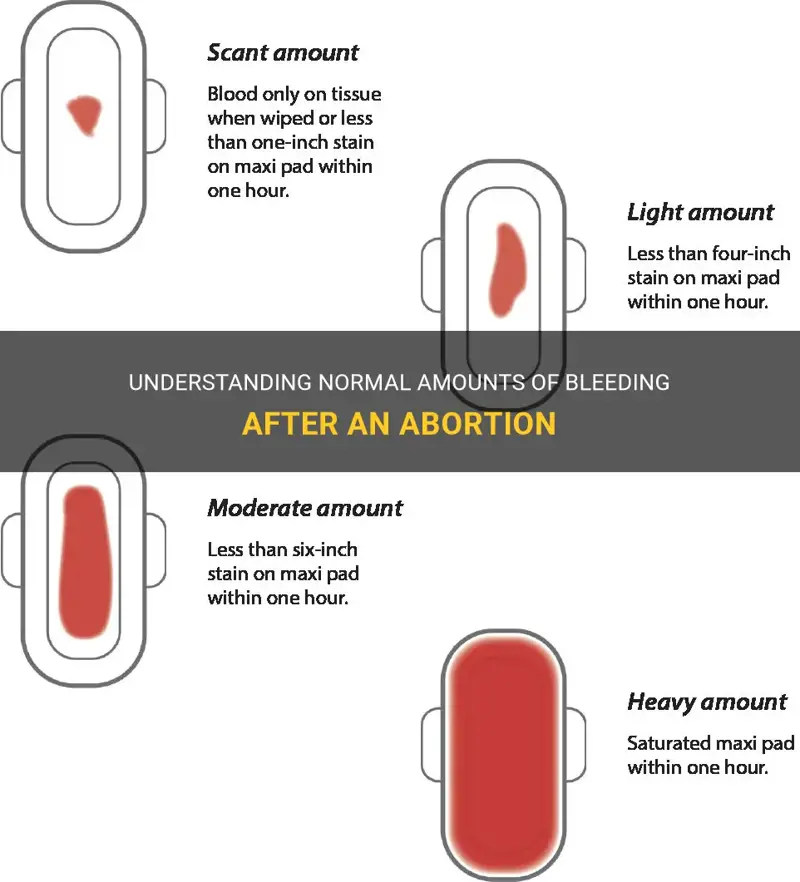Toothpaste For Mouth Ulcers

Mouth ulcers can be a painful and frustrating experience, affecting not only our ability to eat and drink but also our overall quality of life. While there are various treatments available, including topical creams and gels, one often overlooked solution is the use of specific toothpastes designed to help alleviate the discomfort and promote healing of mouth ulcers. The concept of using toothpaste for mouth ulcers may seem unconventional at first, but certain ingredients in these formulations can provide relief and protection to the affected areas.
Understanding Mouth Ulcers
Before delving into the world of toothpastes for mouth ulcers, it’s essential to understand what mouth ulcers are and how they occur. Mouth ulcers, also known as canker sores, are small, shallow lesions that develop on the soft tissues in your mouth or at the base of your gums. They can be painful and may make eating, drinking, and even talking uncomfortable. While the exact cause of mouth ulcers is not always clear, they can be triggered by a variety of factors including minor mouth injury from dental work, hard brushing, sports mishaps, or accidental cheek bite, food sensitivities, stress, and certain medical conditions.
Ingredients in Toothpaste for Mouth Ulcers
Not all toothpastes are created equal, especially when it comes to tackling mouth ulcers. Certain ingredients can help in soothing the ulcers, reducing pain, and promoting a faster recovery. Some of the key ingredients to look for in a toothpaste for mouth ulcers include:
- Aloe Vera: Known for its soothing and anti-inflammatory properties, aloe vera can help calm the discomfort associated with mouth ulcers.
- Chamomile: This natural ingredient has anti-inflammatory and soothing properties that can help reduce the redness and swelling of ulcers.
- Hydrocortisone: Though not found in all toothpastes, hydrocortisone is a mild steroid that can help reduce inflammation.
- Sodium bicarbonate (Baking soda): It can help neutralize acids in the mouth and reduce the pain and discomfort caused by mouth ulcers.
- Desensitizing agents like potassium nitrate: These can help block the dentinal tubules and reduce sensitivity, which can be beneficial if the ulcers are causing sensitivity.
How to Choose the Right Toothpaste for Mouth Ulcers
Choosing the right toothpaste involves considering several factors, including the severity of your mouth ulcers, any sensitivities or allergies you might have, and the specific ingredients the toothpaste contains. Here are some steps to follow:
- Consult a Dentist: Before switching to a new toothpaste, especially for a specific condition like mouth ulcers, it’s a good idea to consult with your dentist. They can provide recommendations based on your oral health and the nature of your ulcers.
- Look for Soothing Ingredients: As mentioned earlier, ingredients like aloe vera and chamomile can be very beneficial.
- Consider a Toothpaste with Low Abrasivity: Mouth ulcers can be sensitive, so a toothpaste that is gentle and non-abrasive is ideal to prevent further irritation.
- Check for SLS-Free Formulation: Some people find that toothpastes containing Sodium Lauryl Sulfate (SLS) can irritate mouth ulcers. Opting for an SLS-free toothpaste might be preferable.
Home Remedies and Additional Tips
While using a suitable toothpaste can be beneficial, there are other things you can do to help manage mouth ulcers:
- Apply Topical Treatments: Over-the-counter creams and gels can provide a protective barrier and reduce pain.
- Maintain Good Oral Hygiene: Gently brush and floss your teeth to keep your mouth clean, which can help prevent infection and promote healing.
- Avoid Irritating Foods: Spicy, acidic, or sharp foods can irritate the ulcers and make them worse.
- Stay Hydrated: Drinking plenty of water can help keep your mouth moist and comfortable.
Can any toothpaste help with mouth ulcers?
+No, not all toothpastes are beneficial for mouth ulcers. It's essential to choose a toothpaste that contains soothing ingredients and is gentle on the mouth tissues.
How long do mouth ulcers typically take to heal?
+Mouth ulcers usually heal on their own within 1 to 2 weeks. However, using the right toothpaste and following good oral hygiene practices can help in faster recovery and reducing discomfort.
In conclusion, while toothpaste is not a replacement for medical treatment, using a toothpaste specifically designed to help with mouth ulcers, combined with good oral hygiene practices and possibly topical treatments, can provide relief and support the healing process. Always consult with a dental professional for personalized advice on managing mouth ulcers and selecting the most appropriate toothpaste for your needs.

